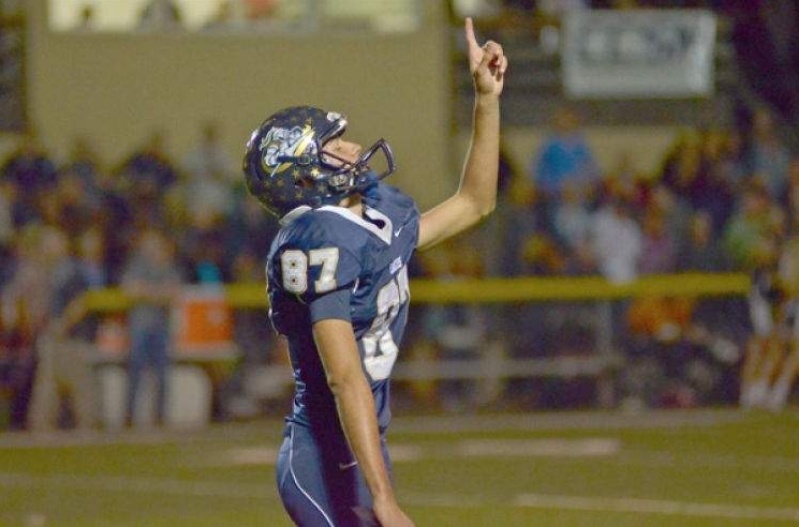
A private Christian school is fighting back after a government organization refused to allow students to pray over the loudspeaker before the school's championship football game.
First Liberty Institute and Greenberg Traurig, P.A. has filed a brief with the U.S. Court of Appeals for the Eleventh Circuit on behalf of their client, Cambridge Christian School (CCS)-a private Christian school in Tampa, Florida.
According to a press release made available to GH, the suit stems from 2015, when the Florida High School Athletic Association (FHSAA) forbade CCS from praying over the loudspeaker prior to the Citrus Bowl ahead of the state championship football game, even though both participating teams were Christian schools and had a tradition of prayer before games.
First Liberty says that the football players, coaches and fans were devastated by the FHSAA's decision. Jacob Enns, kicker for the team, said, "We were really excited to play in the championship game. It's been our tradition to pray ever since I've been on the team. But then they said we couldn't pray and our tradition was ruined. It was so disappointing."
However, in February, a federal district judge sided with the FHSAA.
The brief, filed this week, alleges that by prohibiting Cambridge Christian from leading its students and their families and fans in a brief communal prayer, the FHSAA "engaged in unconstitutional viewpoint discrimination in violation of the Free Speech and Free Exercise Clauses of the First Amendment of the United States Constitution."
"The orders dismissing Cambridge Christian's complaint and denying Cambridge Christian's motion for preliminary injunction should be reversed," says the brief.
Before the game, Cambridge Christian and their opposing team planned to lead the students, teachers and fans in prayer. The team had conducted similar prayers over a loudspeaker at every playoff and home game that season.
The schools asked the FHSAA to use the Camping World Stadium loudspeaker in order that their prayer could be heard, but the FHSAA denied the request, according to the suit, because "the proposed private speech was religious in nature."
Jeremy Dys, Deputy General Counsel for First Liberty, said that he hopes the Eleventh Circuit "will recognize this for what it is: an assault on the First Amendment and the censorship of religious speech-because it is religious-of two private, Christian schools."
"By banning two private Christian schools from praying over the loudspeaker before a football game while allowing other, non-religious messages to come across the same speaker, the FHSAA is telling high school kids that prayer in public is wrong," he said.
"First, they told religious students that if you want to pray in school, then they have to attend a private, religious school. They did, but even then they have been told they cannot pray in public," said Dys. "Where else do these religious students have to go? Must they now form their own league in order to exercise the rights guaranteed to them under the Constitution?"






